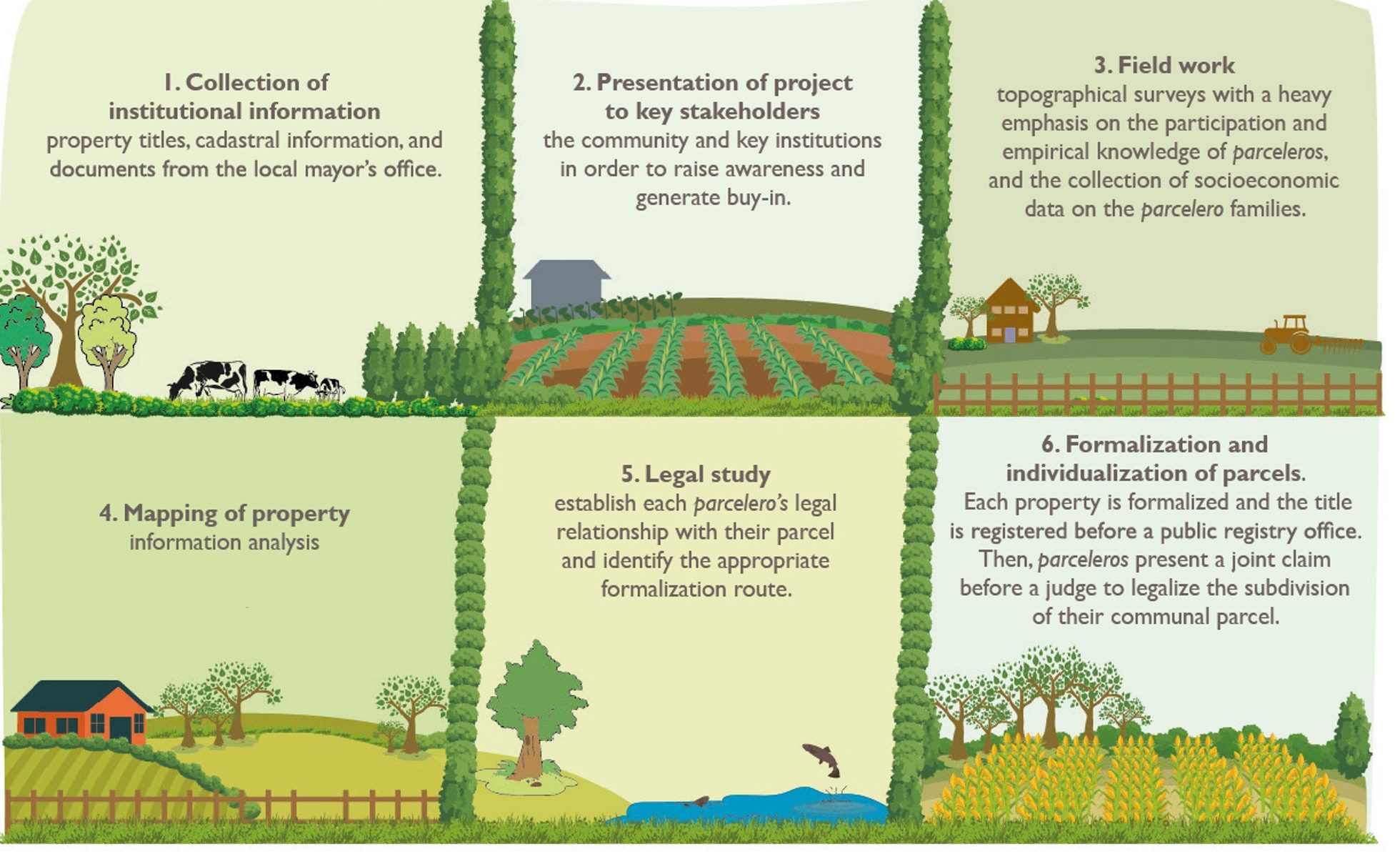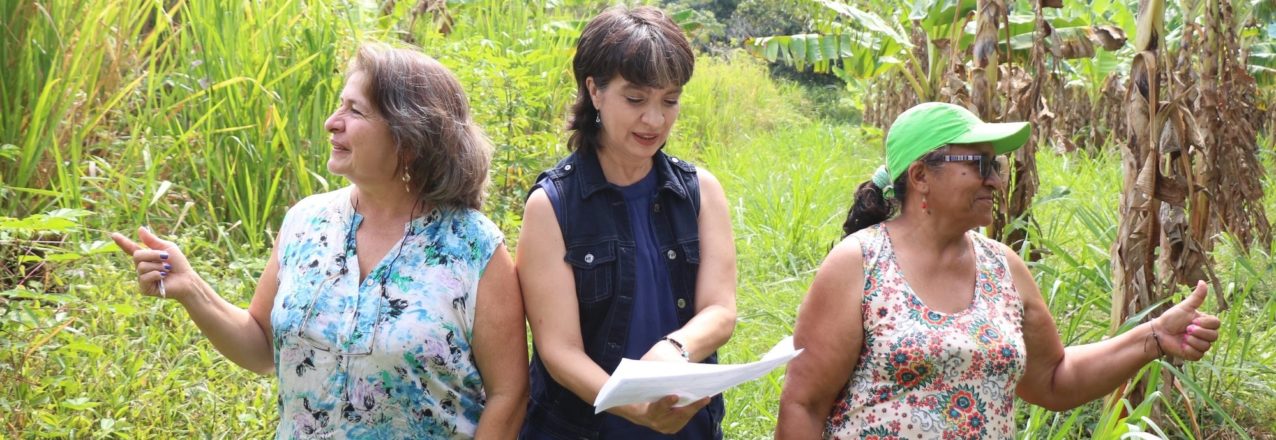By Land and Rural Development Program in Colombia
Individualization of Collectively Held Lands To deliver individual land titles to rural families
What is the Context?
Between 1996 and 2000, the Colombian government awarded collective land titles to approximately 150 families in the municipality of Fuentedeoro (Meta), under the condition that they would become members of community-run agricultural businesses.
However, many of the groups were unable to make the cooperatives work to build sustainable enterprises, and today, collective ownership has become a major source of frustration. For example, it has led to conflicts among the joint landholders, known as parceleros, disputes over the boundaries of communal areas, and liens that affect all parceleros when just one of them fails to pay taxes, thus inhibiting everyone’s ability to access credit and other financial tools to make their land more productive.
To remedy this, USAID collaborated with the municipal government of Fuentedeoro to design and implement an individualization methodology. The objective is for the National Land Agency to replicate this methodology for tens of thousands of families living on collectively owned parcels throughout Colombia.
Who is involved?
- Municipality
- Notary
- Judges
- National Land Agency-ANT
- Agustin Codazzi Geographic Institute-IGAC
- Superintendence of Notary and Registry-SNR
Long Term Impacts
Legal security of land: Property titles for people living on collectively held parcels for more than two decades
Land governance: Empowers the local administrators to improve land management planning and increases the possibility of collecting taxes.
Rural development: Enable rural farmers to make autonomous decisions over their property and gives them property that can be used to access financial services.
Inclusion of Women: Create guarantees for rural women to access property and land.


